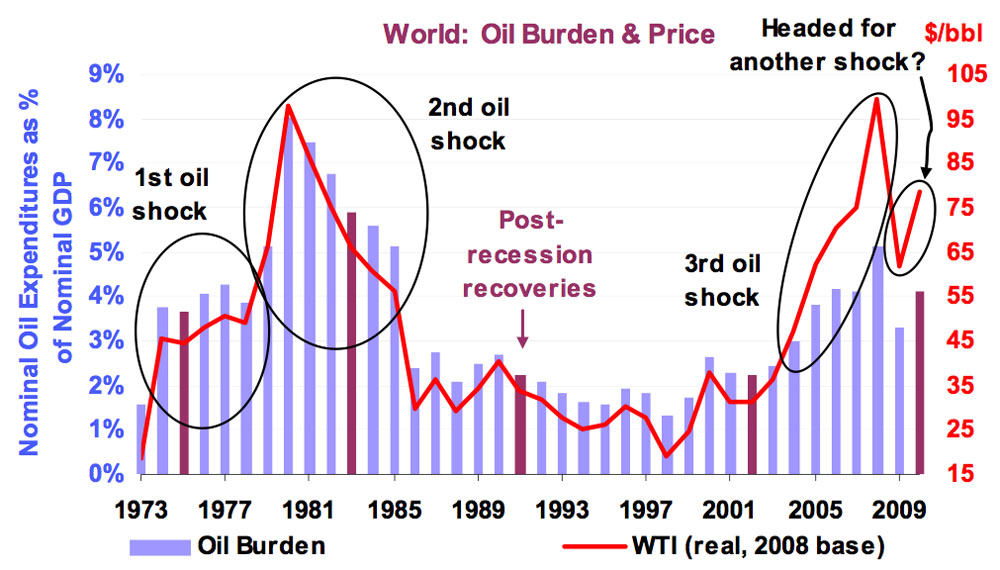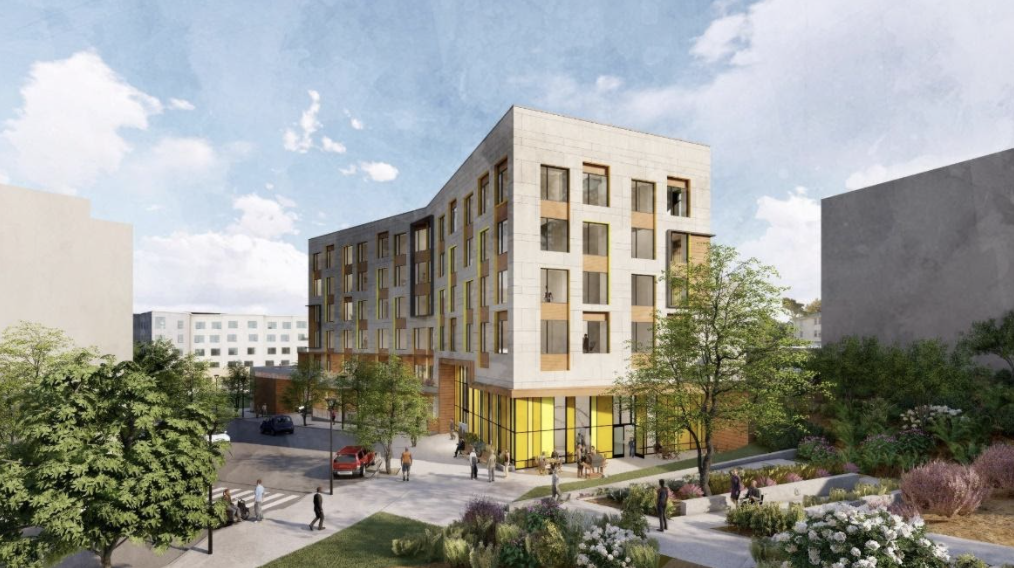Mental Health In Ghana: A Critical Analysis Of Resource Allocation And Accessibility

Table of Contents
The Burden of Mental Illness in Ghana
The prevalence of mental health disorders in Ghana is substantial. Conditions such as depression, anxiety disorders, schizophrenia, and bipolar disorder significantly impact individuals, families, and the national economy. The World Health Organization (WHO) estimates a high prevalence of these conditions, often exacerbated by poverty, limited access to education, and societal stressors. The lack of comprehensive data collection in some regions hinders a truly accurate assessment, but existing studies point to a critical need for intervention.
Stigma and its Impact
Stigma surrounding mental illness presents a formidable barrier to help-seeking behavior in Ghana. Cultural beliefs often attribute mental illness to supernatural causes, leading to fear, discrimination, and social exclusion. This stigma can:
- Prevent individuals from seeking professional help.
- Delay or prevent treatment, resulting in poorer outcomes.
- Increase the burden on families who often resort to traditional, sometimes harmful, methods of treatment.
Initiatives aimed at destigmatization, including public awareness campaigns and community education programs, are crucial for promoting help-seeking and improving treatment adherence. However, these initiatives require sustained funding and widespread community engagement.
Limited Access to Mental Healthcare Services
Access to mental healthcare in Ghana is severely limited, particularly in rural areas. The geographical distribution of mental health professionals and facilities is highly uneven.
- Urban areas tend to have better access than rural areas, leaving significant portions of the population underserved.
- The shortage of specialized services for conditions like child and adolescent mental health or substance abuse further exacerbates the problem.
- Long waiting times and high costs associated with mental healthcare create additional barriers to access.
Resource Allocation and Funding for Mental Healthcare
The current budgetary allocation for mental health in Ghana's national healthcare budget remains significantly low compared to other areas of healthcare and to international standards. This inadequate funding directly impacts service delivery and resource availability.
Human Resources
Ghana faces a critical shortage of mental health professionals, including psychiatrists, psychologists, and counselors. This shortage stems from several factors:
- Limited training opportunities and specialized mental health programs.
- Inadequate compensation and poor working conditions which discourage professionals from entering or remaining in the field.
- Brain drain, with trained professionals seeking better opportunities abroad.
Addressing this shortage requires significant investment in training programs, improved incentives, and creating supportive work environments.
Infrastructure and Facilities
The availability and quality of mental health facilities are also inadequate. Many existing facilities lack the necessary resources, staff, and infrastructure to provide quality care.
- There is a critical need for more community-based mental health services, bringing care closer to the individuals who need it.
- Providing adequate infrastructure, especially in rural areas, presents significant logistical and financial challenges.
Policy and Interventions to Improve Mental Healthcare Access
Effective policy changes and interventions are crucial to improve mental healthcare access in Ghana. Existing mental health policies require strengthening and improved implementation.
Integration of Mental Healthcare into Primary Care
Integrating mental health services into primary care settings offers a promising approach to improve accessibility and reduce stigma.
- This model allows for early detection and intervention, reducing the need for specialized referrals.
- It also helps to normalize mental health concerns, reducing stigma within the community.
Technology and Telehealth
Technology and telehealth hold immense potential for expanding access to mental healthcare, especially in remote areas.
- Telehealth platforms and mobile health applications can connect individuals with mental health professionals, regardless of their geographical location.
- However, challenges such as digital literacy, internet access, and data privacy need to be addressed before widespread adoption can occur.
Conclusion
The analysis highlights the significant burden of mental illness in Ghana and the critical need to improve mental healthcare resource allocation and accessibility. The lack of funding, insufficient human resources, inadequate infrastructure, and pervasive stigma combine to create significant barriers to care. Addressing these challenges requires a multifaceted approach involving increased budgetary allocation, investment in training and infrastructure, integration of mental health into primary care, and leveraging technology. We must prioritize destigmatization campaigns, community engagement, and policy reforms to improve mental health outcomes for all Ghanaians. Learn more about organizations working to improve mental healthcare in Ghana, advocate for increased funding, and support initiatives to reduce stigma. The well-being of Ghana depends on addressing Mental Health in Ghana effectively and comprehensively.

Featured Posts
-
 Gaza Bound Aid Ship Attacked By Drones Ngo Account
May 03, 2025
Gaza Bound Aid Ship Attacked By Drones Ngo Account
May 03, 2025 -
 Reform Shares Ex Mp Rupert Lowe Faces Harassment Allegations
May 03, 2025
Reform Shares Ex Mp Rupert Lowe Faces Harassment Allegations
May 03, 2025 -
 Boris Johnson Potential Saviour Of The Conservative Party
May 03, 2025
Boris Johnson Potential Saviour Of The Conservative Party
May 03, 2025 -
 Where To Find Newsround Your Bbc Two Hd Guide
May 03, 2025
Where To Find Newsround Your Bbc Two Hd Guide
May 03, 2025 -
 Understanding The Shift In Energy Policy According To Guido Fawkes
May 03, 2025
Understanding The Shift In Energy Policy According To Guido Fawkes
May 03, 2025
Latest Posts
-
 The Airline Industrys Vulnerability To Oil Supply Chain Instability
May 04, 2025
The Airline Industrys Vulnerability To Oil Supply Chain Instability
May 04, 2025 -
 Oil Price Volatility And Its Effect On Airline Profitability
May 04, 2025
Oil Price Volatility And Its Effect On Airline Profitability
May 04, 2025 -
 Soaring Fuel Costs The Airline Industrys Response To Oil Supply Shocks
May 04, 2025
Soaring Fuel Costs The Airline Industrys Response To Oil Supply Shocks
May 04, 2025 -
 Tomatin Affordable Housing Strathdearn Community Project Marks Significant Progress
May 04, 2025
Tomatin Affordable Housing Strathdearn Community Project Marks Significant Progress
May 04, 2025 -
 Pupils Celebrate Groundbreaking Of New Tomatin Affordable Housing In Strathdearn
May 04, 2025
Pupils Celebrate Groundbreaking Of New Tomatin Affordable Housing In Strathdearn
May 04, 2025
